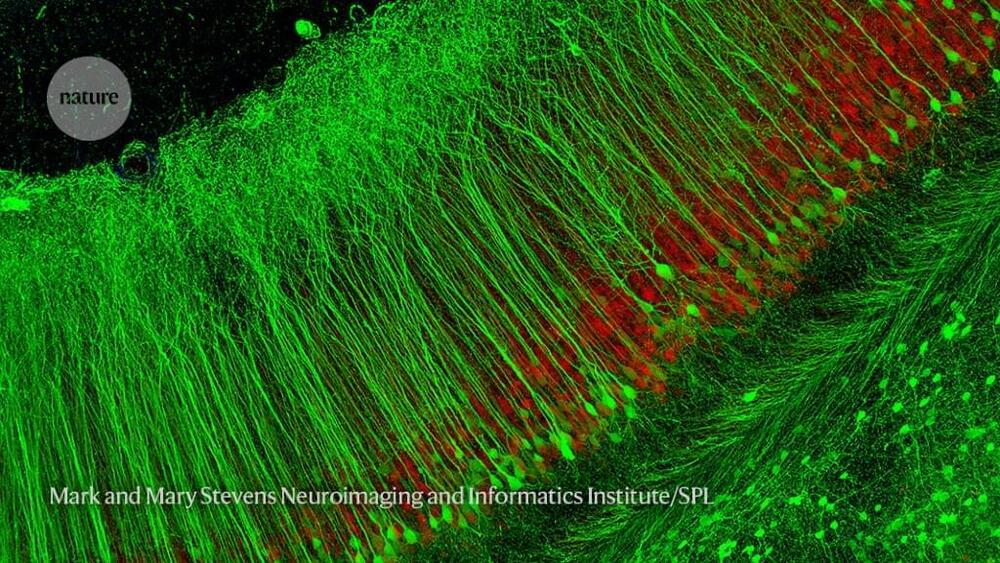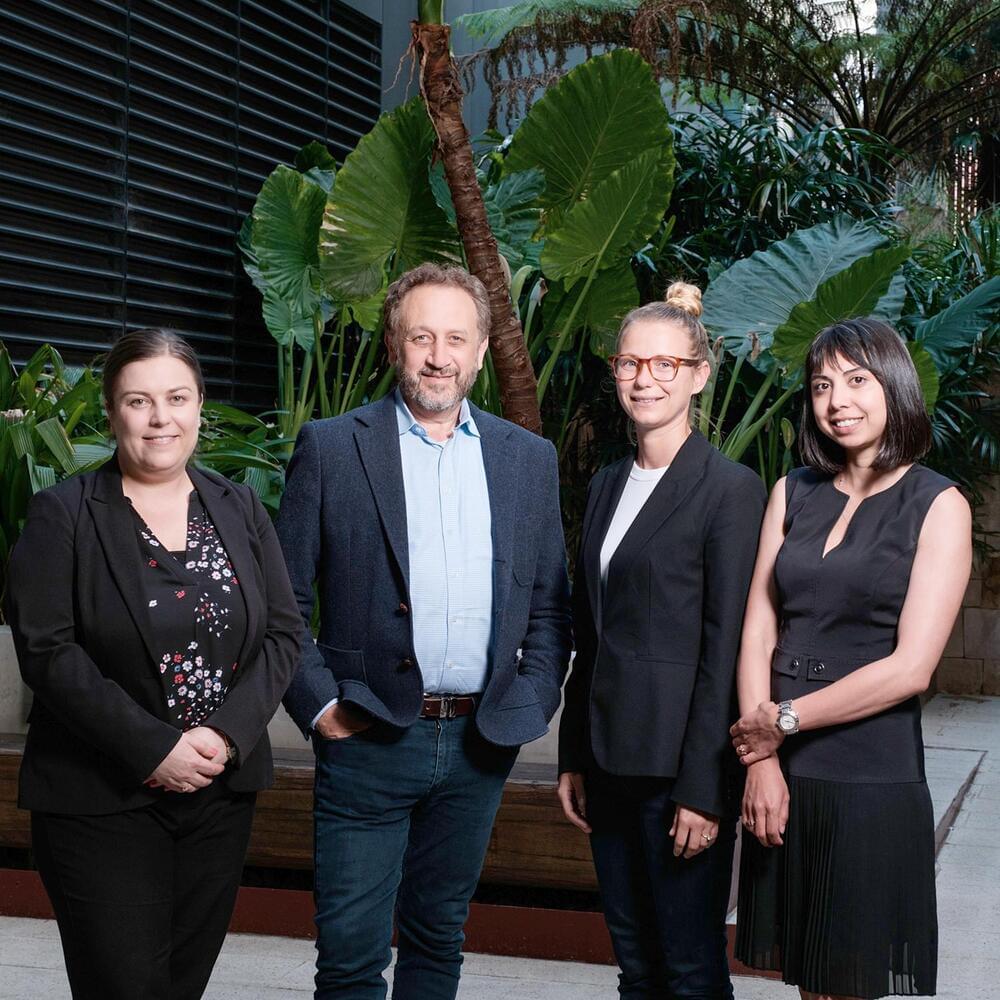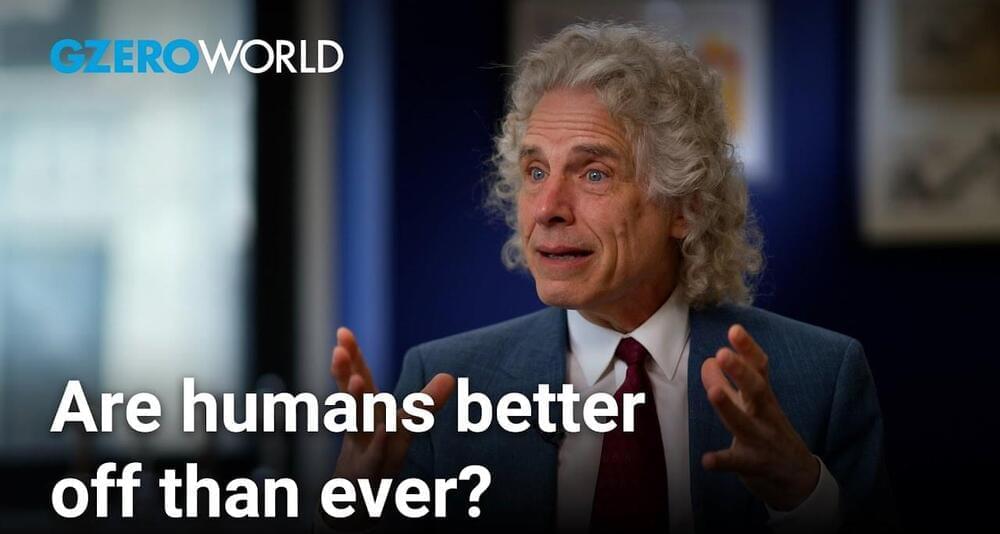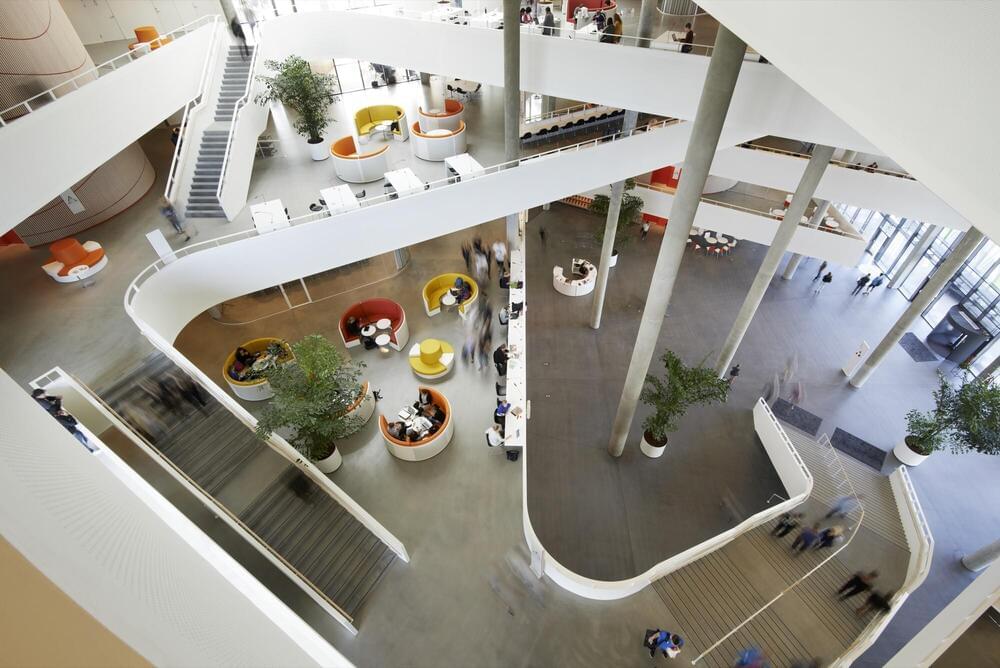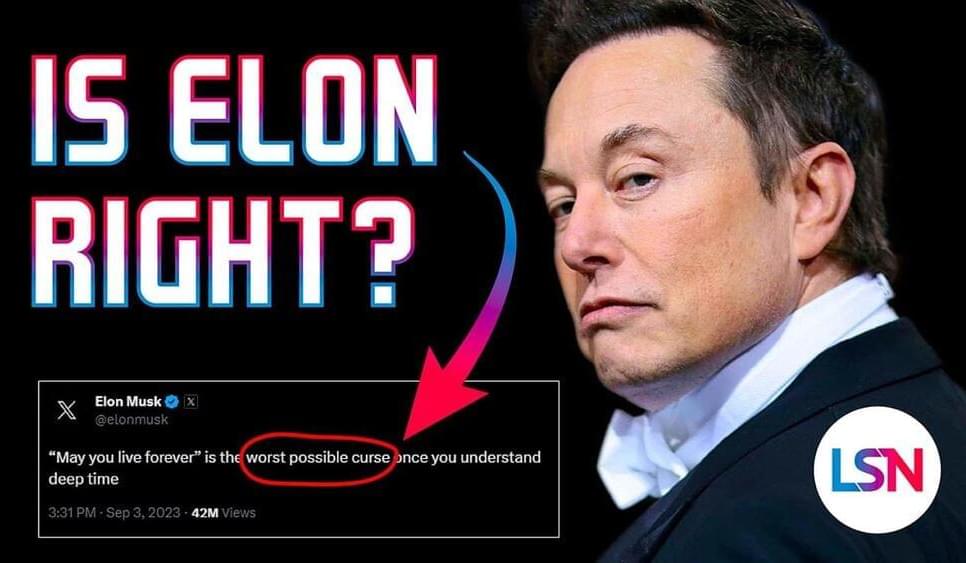Sep 29, 2023
Older mouse brains rejuvenated by protein found in young blood
Posted by The Neuro-Network in categories: biotech/medical, genetics, life extension, neuroscience
A protein involved in wound healing can improve learning and memory in ageing mice1.
Platelet factor 4 (PF4) has long been known for its role in promoting blood clotting and sealing broken blood vessels. Now, researchers are wondering whether this signalling molecule could be used to treat age-related cognitive disorders such as Alzheimer’s disease.
“The therapeutic possibilities are very exciting,” says geneticist and anti-ageing scientist David Sinclair at Harvard University in Boston, Massachusetts, who was not involved in the research. The study was published on 16 August in Nature.
Continue reading “Older mouse brains rejuvenated by protein found in young blood” »
